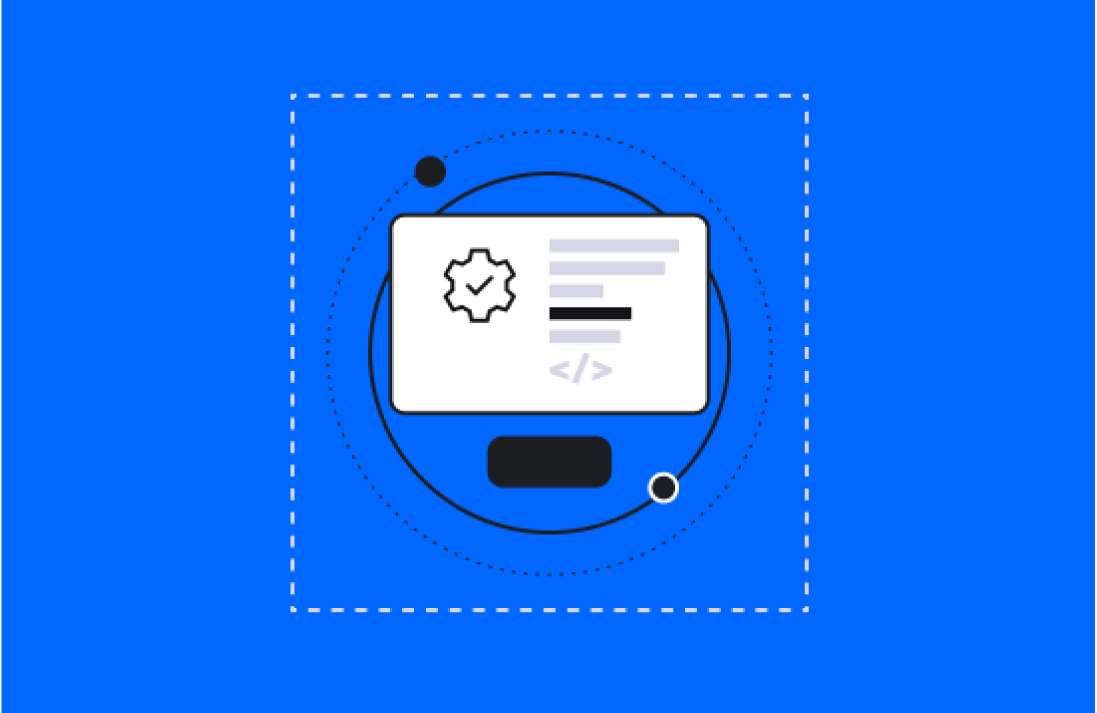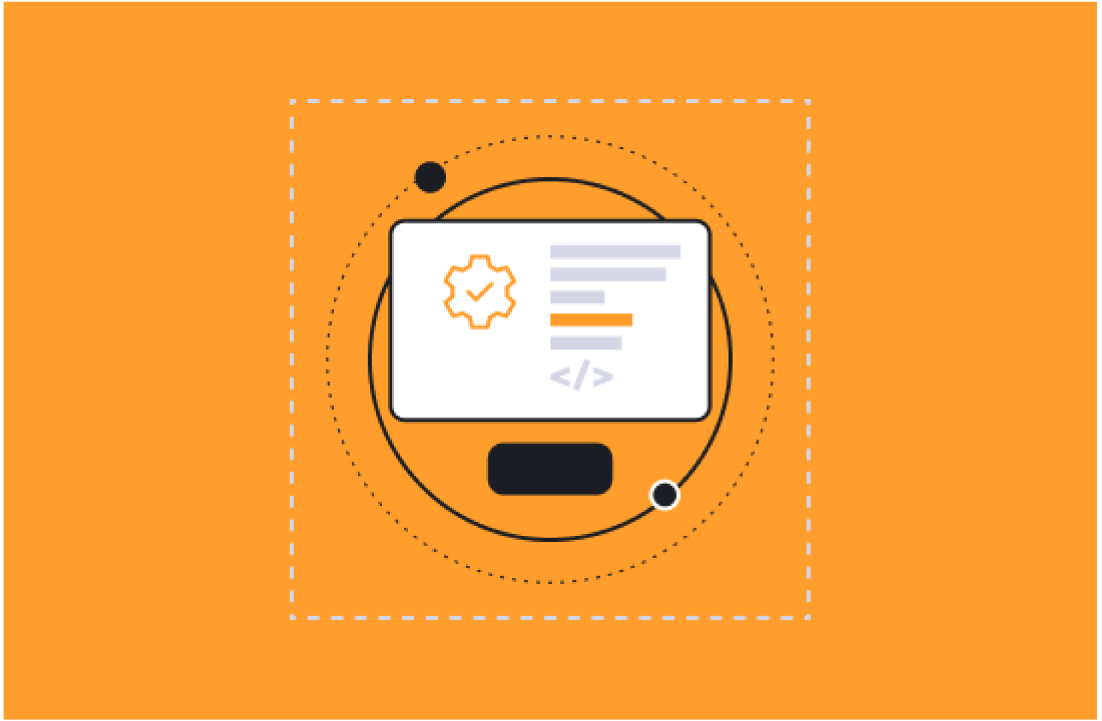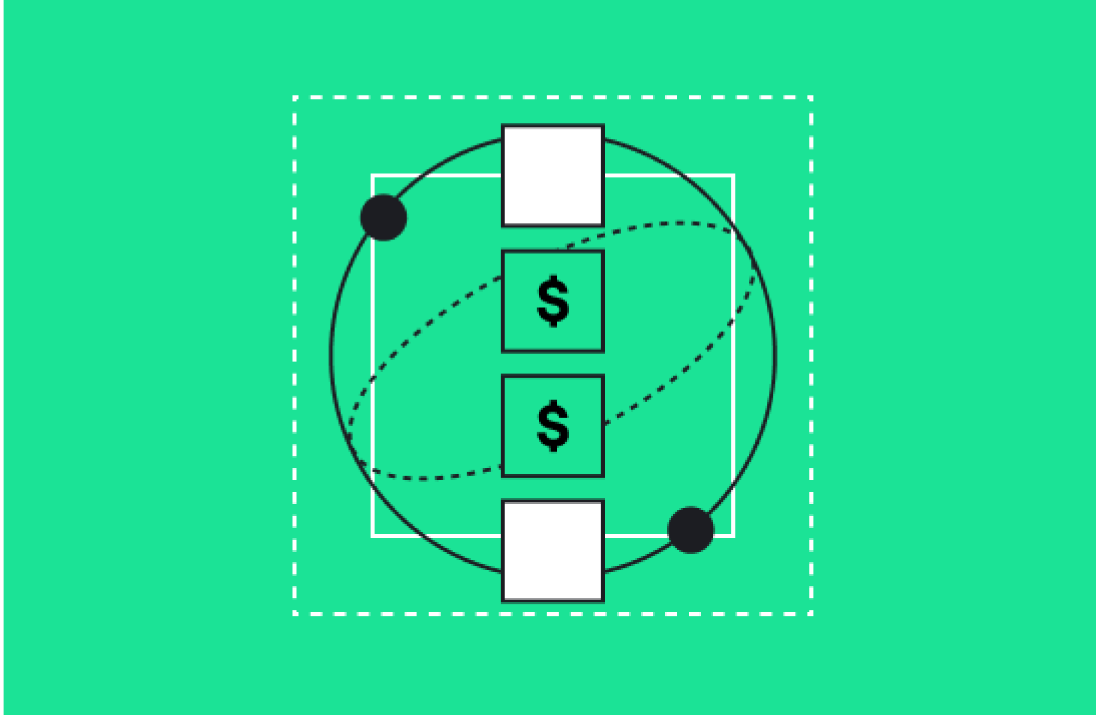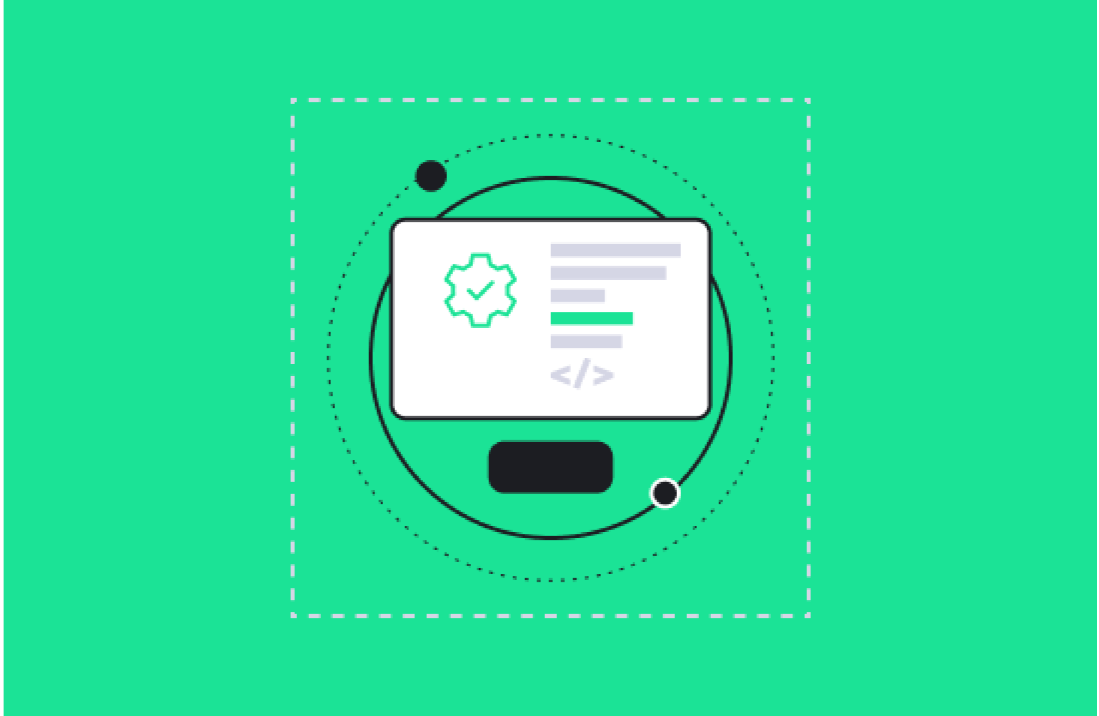Simply generating leads isn’t enough anymore—businesses need to know which leads are most likely to convert. That’s where lead scoring comes in.
Lead scoring assigns points to prospects based on their interactions with your brand and their demographic or firmographic data. These scores help businesses rank leads and determine which ones are ready for sales outreach and which need further nurturing.
Without effective lead scoring, teams often waste time chasing low-priority leads, leading to inefficient sales processes and missed opportunities. A well-tuned lead scoring system allows marketing and sales teams to align their efforts, focusing on the leads most likely to result in successful deals.
Understanding HubSpot’s Lead Scoring System
HubSpot’s Lead Scoring tool enables marketers to build scores that rank leads based on their engagement with your content and how well they fit your ideal customer profile. You can create both contact and company scores using a flexible range of criteria such as email opens, form submissions, and demographic data like company size or location.
With these scores in place, marketing teams can automate the prioritization of leads, sending only the most qualified prospects to sales reps. This not only speeds up the sales process but also ensures that time and resources are spent on the leads most likely to convert.
Now, with HubSpot’s newest AI-driven enhancements, lead scoring is even more powerful. These updates bring more precision, efficiency, and flexibility to how businesses assess their leads, making it easier than ever to accurately identify and engage the best prospects.
Introducing HubSpot's Enhanced Lead Scoring Features
Let’s dive into the three key updates and how they can make an impact on your business:
AI-Assisted Engagement Scoring
AI-assisted engagement scoring helps marketers identify their most promising leads by analyzing past interactions of successful leads who converted.
This feature removes much of the guesswork involved in manually assigning scores, allowing AI to provide data-backed recommendations on how to score leads based on their level of engagement with your website and marketing campaigns.

Why You Should Be Excited
Marketers often struggle to determine which interactions—such as page visits, CTA clicks, or form submissions—best predict a lead’s intent to engage further. Relying solely on instinct can lead to biased or inaccurate scoring.
AI-assisted engagement scoring offers a solution by analyzing historical data, reducing the reliance on manual processes, and delivering more accurate, actionable insights. It's important to note that users still retain the final say, as they can adjust the AI’s recommendations before turning on the score.
Real-World Use Case
A SaaS company receiving high volumes of leads used AI-assisted engagement scoring to automatically score interactions such as demo sign-ups and webinar participation. By prioritizing these high-value actions, the company routed the most engaged leads directly to the sales team, significantly reducing response times and improving lead conversion rates.
AI-Assisted Fit Scoring
AI-assisted fit scoring helps businesses determine how closely a lead aligns with their ideal customer profile. By analyzing demographic and firmographic data—such as company size, industry, and revenue—the AI assists marketers in predicting which leads are most likely to convert, allowing for more precise lead qualification.

Why You Should Be Excited
Understanding whether a lead is a good fit for your product or service is critical for marketing and sales teams. But identifying which data points are most relevant can be a challenge. AI-assisted fit scoring uses data analysis to evaluate these criteria, helping businesses create more accurate lead scores that better reflect a lead’s potential. Marketers can combine AI insights with their own business knowledge to fine-tune the scores.
Real-World Use Case
A B2B firm focused on large enterprise clients used AI-assisted fit scoring to quickly evaluate incoming leads based on company size and industry.
By prioritizing leads from companies that matched their ideal customer profile, the firm’s sales team focused its efforts on high-potential opportunities, resulting in faster deal closures with enterprise clients.
Custom Lead Scoring Improvements
HubSpot’s latest lead scoring updates allow for greater customization when building lead scores. These enhancements include:
- Custom and Unified Events: Marketers can refine scoring criteria based on any unified event, enabling more personalized scoring models. Unified events allow you to track specific user behaviors across various platforms, such as app usage or specific webpage interactions, and incorporate them into your lead scoring.
- Time Decay: This feature helps businesses prioritize new leads by reducing the score of older, less engaged leads over time. By setting up score decay, you can specify a percentage by which a lead's score decreases after a certain period, ensuring your team focuses on the most recent and active leads.
- Advanced Weighting: Marketers can assign different weights to various interactions, helping sales teams focus on the most important behaviors. For instance, you might assign 10 points for a demo request and 2 points for an email open, reflecting the higher value of the demo request.
Why You Should Be Excited
Many businesses have unique customer journeys, requiring a flexible lead scoring model that can adapt to their specific needs. Custom scoring improvements provide this flexibility, allowing businesses to build scoring models that reflect their ideal customer interactions and behaviors.
Time Decay ensures that newer, more engaged leads receive higher priority, preventing stale leads from cluttering your sales pipeline.
Advanced Weighting enables nuanced scoring based on each interaction’s value, ensuring that high-impact actions significantly influence a lead's score.
Custom and Unified Events allow for a more granular and tailored approach to lead scoring, aligning the model closely with your business objectives.
Real-World Use Case
A marketing agency working with clients across multiple industries needed a flexible way to score leads based on different behaviors. For example, a demo request carried more weight than a simple email open. Using advanced weighting, the agency tailored their lead scores to prioritize high-value interactions.
They also utilized time decay to de-emphasize older leads. This approach led to more focused sales efforts and a clearer understanding of which leads were ready for outreach.
Additional Features to Enhance Lead Scoring
Ability to Score Specific Contacts or Companies
HubSpot allows you to decide which contacts or companies receive scores. You can choose to score all contacts/companies or select specific ones by using lists. This feature enables more targeted scoring, which is particularly useful if you want to focus on particular market segments or exclude certain types of leads.
Lead Score Card and Performance Monitoring
To track and analyze lead scoring effectiveness over time, you can use the Lead Score card on your contact records:
- View Current and Past Scores: Quickly access an overview of a contact's score history.
- Monitor Trends: See how a lead's score evolves, helping you understand engagement patterns.
- Performance Reporting (Marketing Hub Enterprise users): Use built-in reporting tools to monitor the overall performance of your scoring strategy, allowing for ongoing optimization.
Get Started with Lead Scoring in HubSpot
HubSpot’s AI-assisted lead scoring updates, alongside custom scoring improvements, offer a powerful toolkit for marketing and sales teams. These features combine the precision of AI with the flexibility of custom scoring models, allowing businesses to more accurately identify, prioritize, and convert their most promising leads.
By leveraging these enhancements, businesses can ensure that marketing and sales teams are aligned, focusing on the leads that matter most, and improving conversion rates through more effective lead management.






